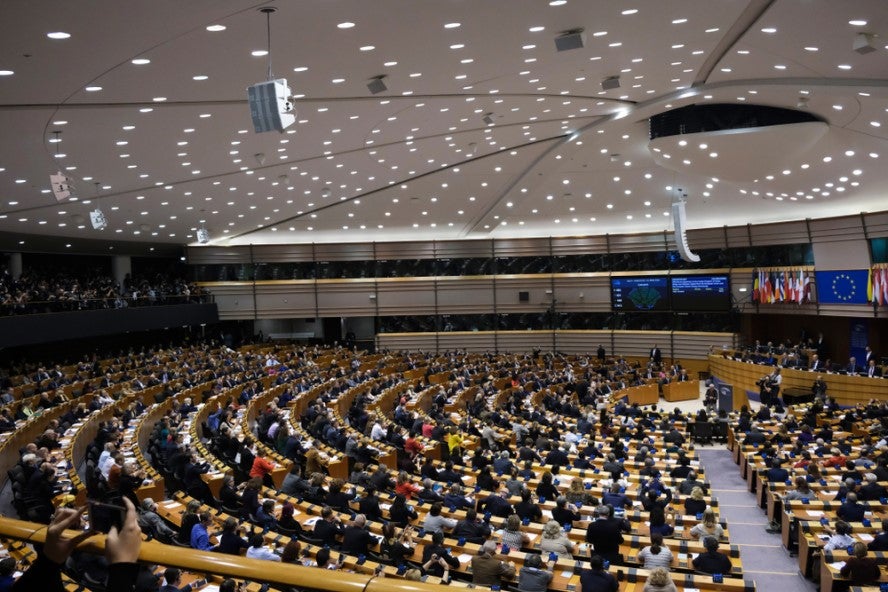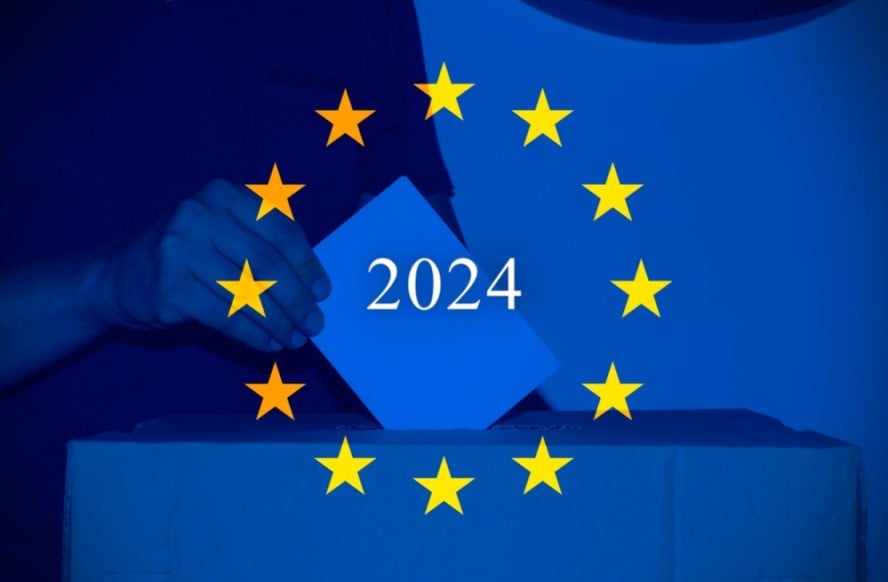As voters head to the polls today, the future of Europe’s green transition hangs in the balance. The EU’s Green Deal, aimed at eliminating carbon emissions by 2050, faces significant challenges.
Public support is waning due to an energy crisis and concerns that Europe’s strict approach might make it less competitive compared to the US and China.
The elections from June 6 to June 9 will reveal the extent of these issues. Candidates have shifted their focus from global climate leadership to protecting domestic industries and reducing household costs. Discontent over policies like boiler bans and sustainable farming directives has increased support for climate-sceptic right-wing parties.
While mainstream parties are expected to retain a majority in the EU Parliament, far-right groups are expected to gain more seats. A survey, by the Institute for European Environmental Policy, in May showed that 67% of experts believe the elections will negatively impact climate reforms, leading to weakened or constrained Green Deal objectives.
The Green Deal has made notable progress, achieving a 32.5% reduction in pollution from 1990 to 2022 while the EU’s economy grew by 67%, Bloomberg reported recently.
However, the EU needs to invest about €1.5 trillion annually in its energy and transport systems to reach net zero, a significant increase from the current spending. The €750 billion recovery programme funding the green transition is ending, and nations are divided on new financing tools like joint debt.

The next European Commission and the 27 member states must find more funding for the Green Deal amidst other pressures, including increased defence spending due to geopolitical tensions. The EU plans to launch a new carbon market in 2027 and require all new passenger cars to be emissions-free by 2035. A Social Climate Fund and an Innovation Fund are set to support vulnerable groups and larger companies, but securing sufficient investment remains a challenge.
Reversing course is not an option for Europe, which is warming faster than any other region. Analysts warn that a rightward shift in the new parliament could slow down or weaken existing regulations, jeopardising the EU’s 2050 net-zero goal.
As Europe votes, the future of funding for a green continent is at stake. The election outcome will determine whether Europe can stay committed to its ambitious climate goals or if political shifts will undermine the progress made so far.
Europe’s new capital regulation include beneficial leasing provisions
European retail bank cost-income ratio drops in 2023, profit per customer rises








